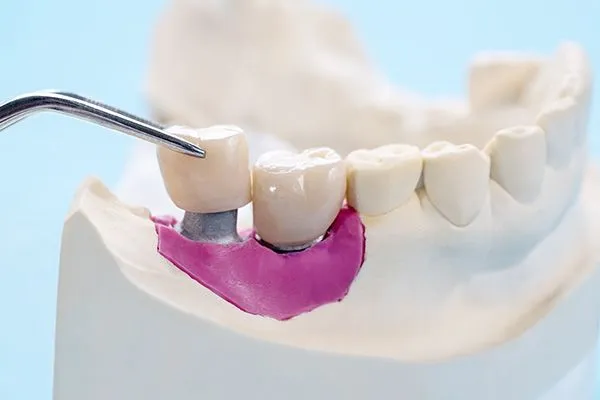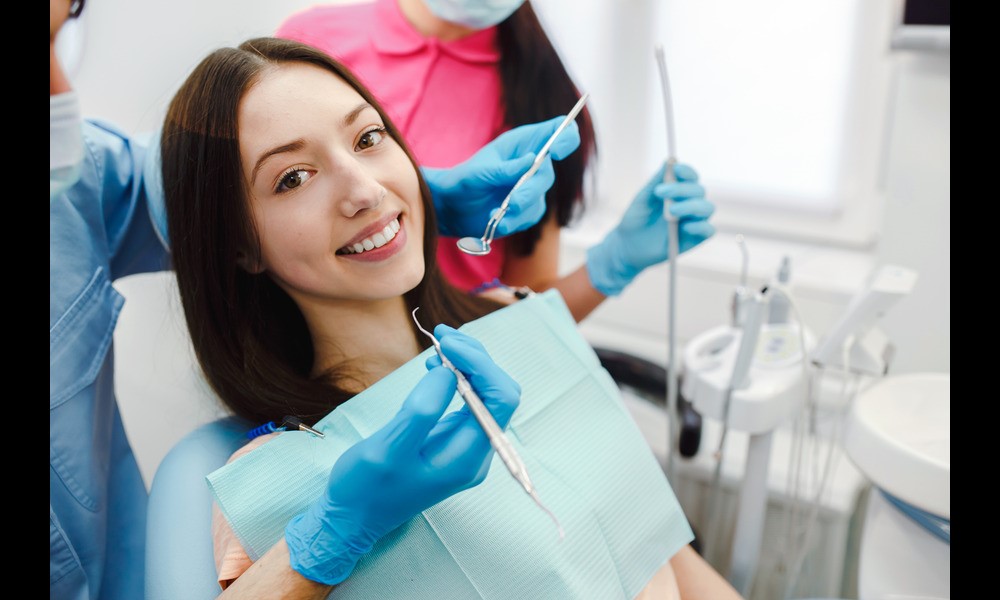It is important to note that choosing how to get that perfect smile is a good one. When you decide between Invisalign and normal braces, you decide on your appearance, comfort, and how you spend the day. Invisalign is more contemporary and transparent than conventional braces, which incorporate robust metal wires and brackets. New or low-quality products may have advantages and disadvantages to old or high-quality products; therefore, let us elaborate on Invisalign Cary, NC, to guide you.
What is Invisalign?
Invisalign is a discreet method for teeth alignment using clear, custom-made plastic aligners. Nearly invisible, these aligners allow for correction without drawing attention. They can be removed when eating or brushing, making them convenient for daily routines.
What are Traditional Braces?
Metal/Traditional braces are the oldest and most effective way to treat overcrowded teeth. They consist of brackets attached to your teeth, connected by metal wires that your orthodontist adjusts regularly to help shift your teeth into the correct position. While they are quite noticeable, they are particularly efficient for addressing complex dental issues.
How They Work
- Invisalign: You will receive a specific number of aligners designed to be worn throughout the day. Each time, you wear a new aligner that is usually changed every two weeks, moving your teeth slightly.
- Traditional Braces: Brackets and bands stay attached to the teeth throughout treatment. The orthodontist periodically adjusts the wire tightness during your visits to align your teeth.
Both involve referral back to their respective doctor after some days or weeks because of the upkeep to ensure things are moving as planned.
Why Choose Invisalign?
-
Almost Invisible
This is a big plus to Invisalign because no one wants noticeable braces around their mouth and face. Since they are transparent, you can smile and speak without having to deal with metal braces being noticeable.
-
Comfortable to Wear
It also feels smooth since it is made from a hard but silky type of plastic. They won’t stick to the cheeks or gums in a rather sharp way, so they will be more comfortable to wear.
-
Convenient and Flexible
Invisalign aligners can be removed at any time, allowing you to eat, brush, and floss without avoiding certain foods.
Why Choose Traditional Braces?
-
Great for Tough Cases
Traditional braces are strong and effective for treating serious dental problems. They can correct crowded teeth, bad bites, and other issues.
-
Strong and Long-Lasting
Metal braces are tough. They don’t break easily and can handle daily activities like eating hard foods and talking.
-
More Affordable
Traditional braces usually cost less than Invisalign. Many insurance plans help cover the cost, making them a good choice for families on a budget.
Things to Consider
- Looks: If you don’t like how braces look, Invisalign is almost invisible.
- Lifestyle: Invisalign can be removed, so eating and brushing is easier.
- Dental Needs: For tough problems, braces may work faster and better.
- Commitment: Invisalign must be worn 20–22 hours daily, while braces stay on without needing reminders.

How to Decide?
Choose Invisalign if:
- You want clear, almost invisible aligners.
- You want removable aligners.
- You have mild to moderate dental issues.
Choose Traditional Braces if:
- You have serious dental problems.
- You want a strong and affordable option.
- You don’t mind how braces look.
The Final Word
Both Invisalign and braces will give you a straight, healthy smile. Your choice depends on your needs, budget, and lifestyle.
For a clear and easy option, choose Invisalign. Braces offer a strong and more affordable solution. Consult your dentist or orthodontist to determine the best choice for you, and soon, you’ll have a confident smile!


